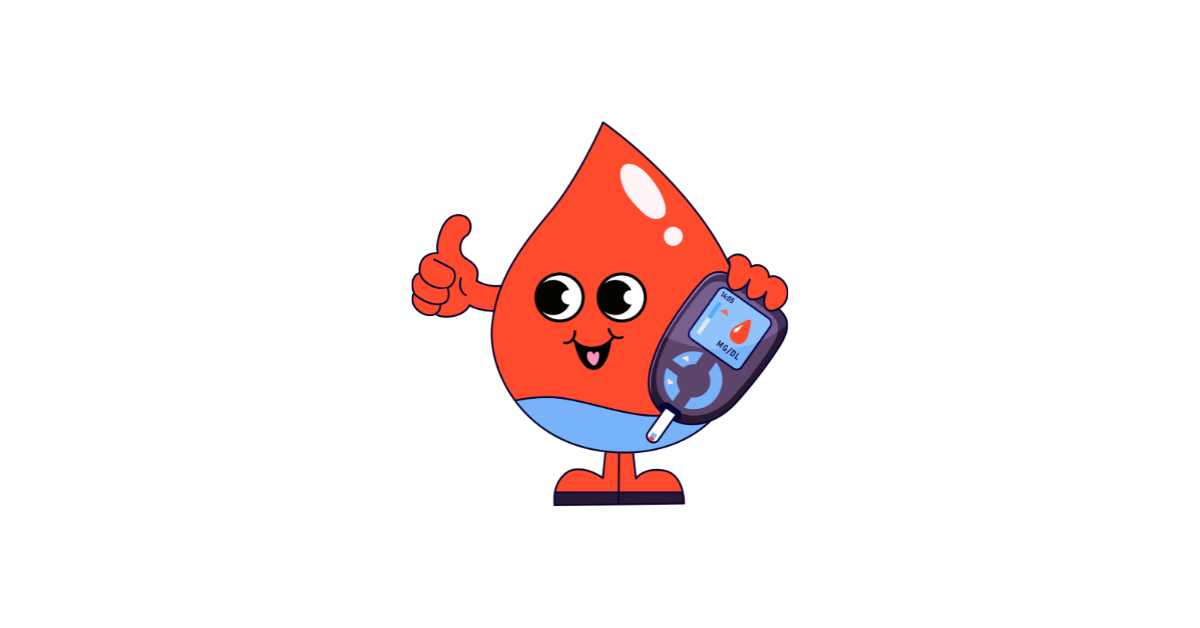India has the second-highest rate of diabetes in the world, but it’s not just about the statistics; it’s also about how we’re handling—or not handling—the disease. Many individuals overlook crucial treatment components, such as nutrition and lifestyle, even if medications are frequently viewed as the mainstay.
These are five unexpected but crucial dietary recommendations that the majority of diabetics are unaware of, but should be aware of.
1. Proportions, Not Carbs, Are the Enemy
Despite what is commonly believed, diabetics are not prohibited from eating carbohydrates. They are, in fact, necessary, but only in the proper amounts. Risky blood sugar rises (hyperglycemia) or decreases (hypoglycemia) might result from a poorly balanced carbohydrate intake. The secret? See a clinical dietitian so they can customize your carbohydrate consumption for you. Managing carbohydrates well is the aim, not getting rid of them.
The concept that works favorably is Carbohydrate counting. In this method, the amount of carbohydrate given in each meal is controlled. This has proved to be a much more efficient method of managing blood glucose levels, as compared to choosing low glycemic index foods.
2. Protein Protects Against Diabetes and Isn’t Just for Bodybuilders
You lose more protein when you have diabetes because it puts your body in a catabolic condition. The majority of Indians currently eat less protein than is advised. If you have diabetes, you probably began with a deficit, which hastens the course of the illness. To promote tissue regeneration and metabolic balance, it is essential to include high-quality protein sources such as dairy foods, pulses and lentils, lean meats & eggs.
3. Time Is Just as Important as What You Eat
Even if you are eating the healthiest meals possible, your blood sugar will still be elevated if the timing is incorrect. Long intervals between meals or skipping meals can cause your blood sugar levels to become unstable. Rather, strive for regular, little meals that are evenly spaced out throughout the day. Maintain a schedule and refrain from binge eating; for diabetics, fasting and feasting are serious warning signs.
4. Watch Out Online: Not All Dietary Advice Is Equal
Online, “diabetic diet” advice abounds, but a lot of it might be deceptive. The improper advice, such as extreme protein deficits or unbalanced nutrition, can do more harm than good, and this is true of both fad diets and “certified” influencers. Always seek advice from a licensed clinical dietitian, not simply someone who completed a weekend course, who has a Bachelor’s or Master’s degree in nutrition.
5. Prevention is Power—Early Damage Is Invisible
When you are diagnosed, your pancreas may still be functioning at 60 to 95 percent, but it may quickly drop if you don’t make the right dietary and lifestyle choices. Unfortunately, until the damage is severe, it is not immediately apparent. Therefore, it’s imperative to respond quickly. Nutrition and exercise are your best tools to stop the progression and prevent complications; medication won’t keep you safe.
Final Thoughts
Ignoring diabetes control results in long-term misery rather than death, despite the brave statement that “we have to die anyway, might as well enjoy life.” Your quality of life will be determined by the decisions you make now, even though modern science can prolong your life for decades.
Are you prepared to take charge of your health? Get professional advice from reputable dietitians that is suited to your needs. For individualized plans that will help you thrive rather than merely survive, get in touch with dietitian Anuradha.


